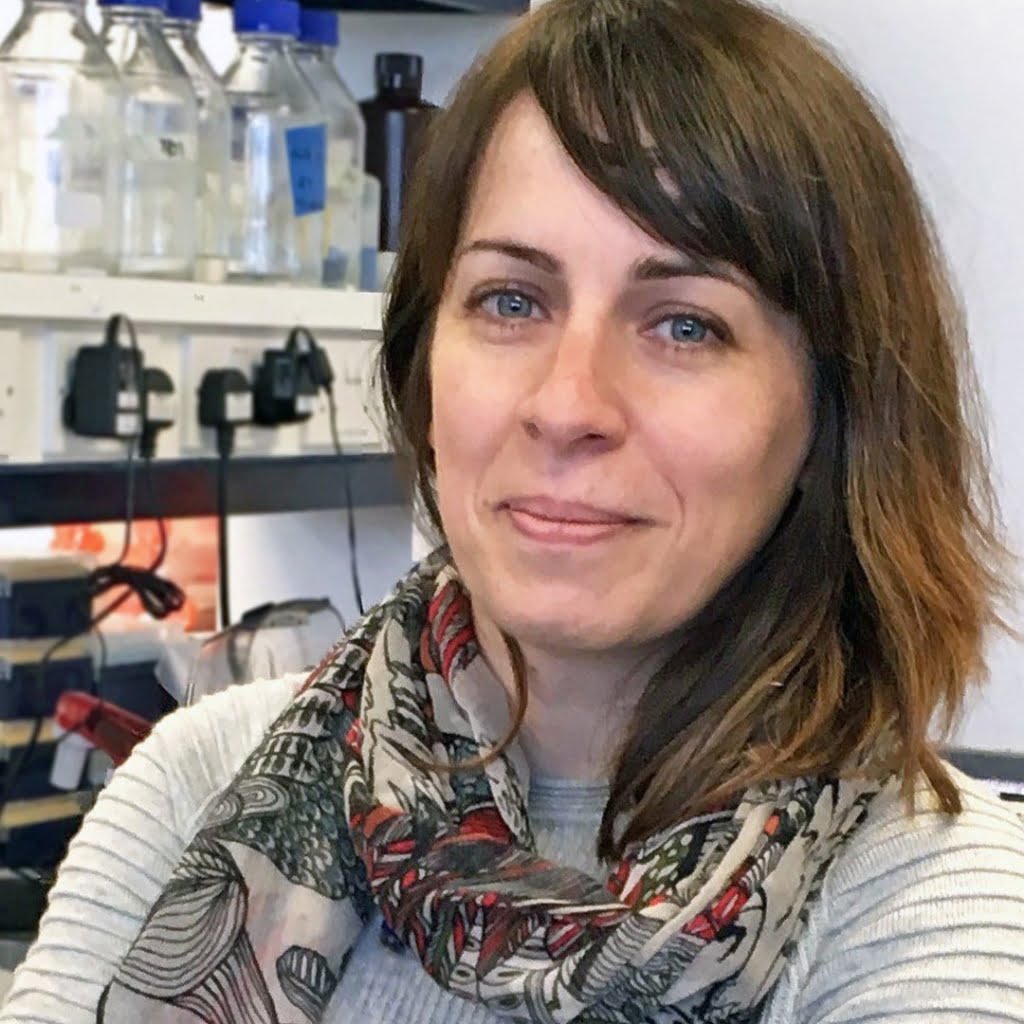In this article we share some of the latest research and professional appointments from both a former and a current Lister Fellow.
New professorship and election to EMBO for Pete Cullen
In June, former Fellow Professor Pete Cullen was elected as a Member of the European Biology Organization (EMBO). This new role recognises Pete’s outstanding achievements and makes him one of a community of more than 1,800 leading life scientists. He will be formally welcomed to EMBO at the annual Members’ Meeting in October.

This exciting new position follows the award of a prestigious Research Fellowship from the Royal Society earlier this year. Pete was given the Noreen Murray Professorship to expand his research into neurological sciences.
This Professorship will give Pete long-term support with his ambitious research to understand why defects in protein and lipid transport lead to the development of neurodegenerative diseases. This work involves creating new experimental approaches to generate insights into defects in protein and lipid transport. Ultimately, this may help therapeutic strategies to alleviate and manage the symptoms of diseases such as Alzheimer’s and Parkinson’s.
“The freedom afforded by the award will allow me to translate my laboratory’s expertise in studying these transport events towards understanding how their de-regulation leads to neurodegenerative disease,” said Pete.
Pete is based at the School of Biochemistry at the University of Bristol. You can find out more about his work on the Cullen Lab website and read about his COVID-19-related research on page 9 of our Annual Report.
Susana Godinho receives new grant and publishes new research paper

Earlier this year, Lister Fellow Dr Susana Godinho published a research paper in Current Biology.
This study continues Susana’s research into the role of an organelle known as the centrosome, which is important for cell division, migration and signalling. Scientists have known for some time that certain types of cancer cells have multiple centrosomes. Susana’s new paper found that such cells secrete increased numbers of small extracellular vesicles, which transfer molecules between cells. These vesicles are functionally distinct and appear to be a way for pancreatic cancer cells to communicate with the surrounding tissue to help drive cell movement and malignancy.
The full paper, “Centrosome amplification mediates small extracellular vesicle secretion via lysosome disruption”, is available online.
Susana is being funded by a Discovery Programme Foundation Award from Cancer Research UK, which she was awarded at the end of 2020. This award of around £1.5 million will support her research into the role of centrosome amplification in cancer over the next six years. The Award is designed to help outstanding mid-career researchers to develop their independent research group.
Susana’s programme of work will focus on the role of non-cell autonomous signalling induced by amplified centrosomes in tumour progression and evolution. This was first described by her lab with the support of the Lister Prize, which Susana was awarded in 2016.
When asked about how the Lister Prize helped with getting this CRUK award, Susana said: “The support was instrumental to develop this novel area of research in my lab that aims at understanding how dysregulated secretion induced by amplified centrosomes impacts tumourigenesis. I am most grateful to the Lister Institute for supporting this idea early on, which directly impacted on the ability to attract this programme grant.”
Susana established her own research group at the Barts Cancer Institute, Queen Mary University of London (QMUL), in 2013. Her research explores how tumour progression is affected by the presence of extra centrosomes in a cancer cell, and how these cancer cells employ mechanisms to adapt to supernumerary centrosomes.


